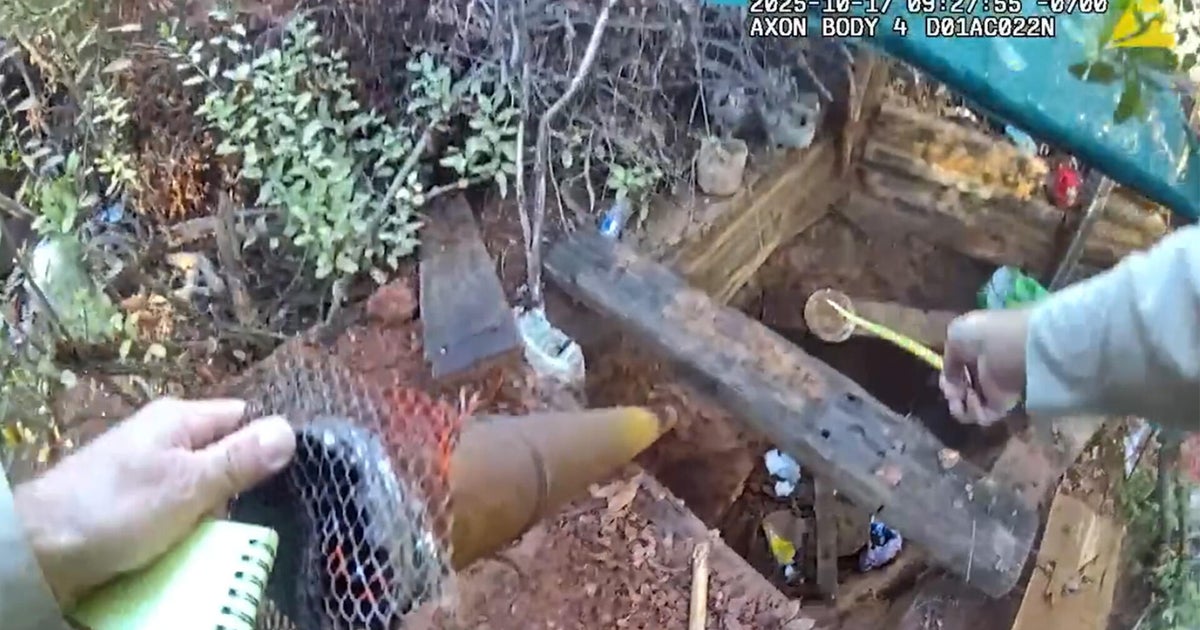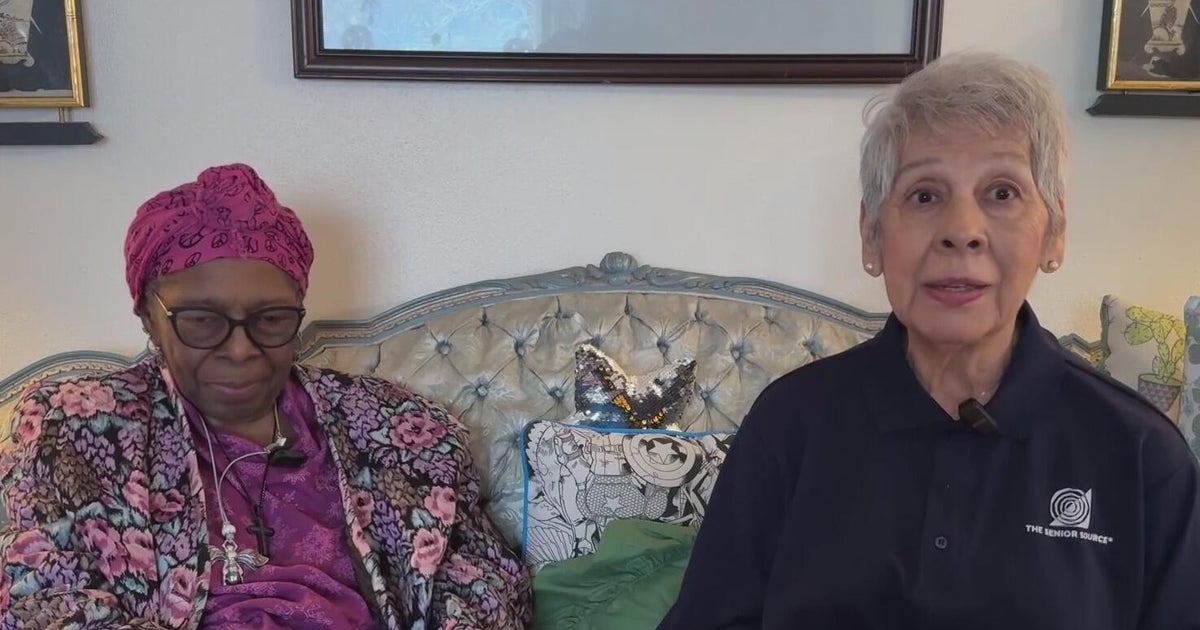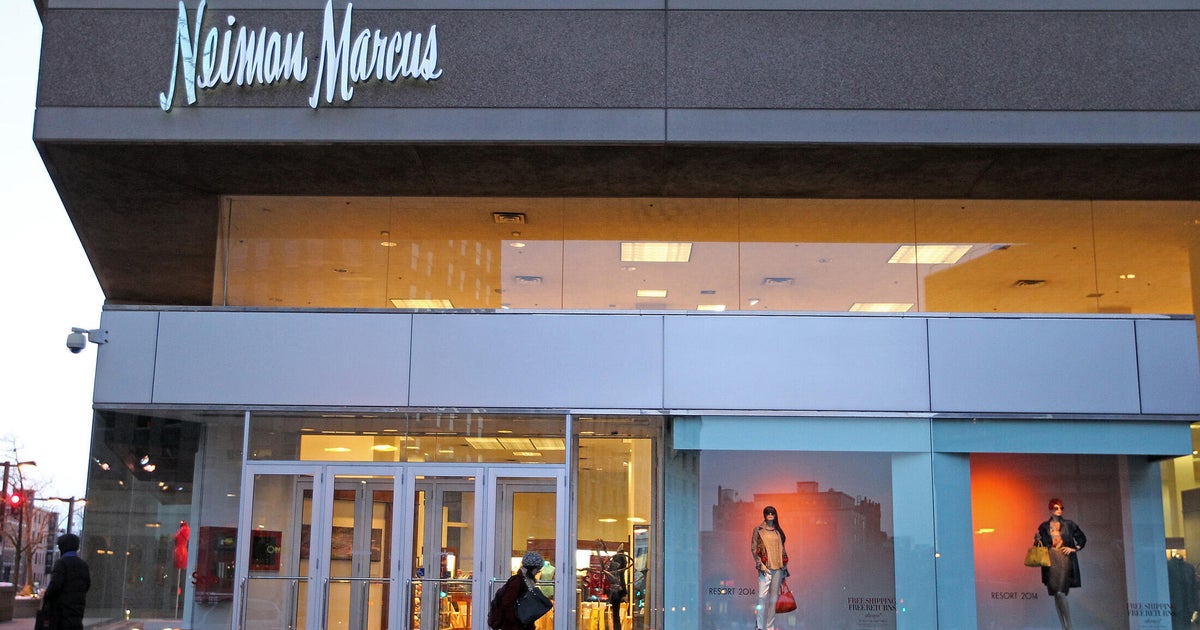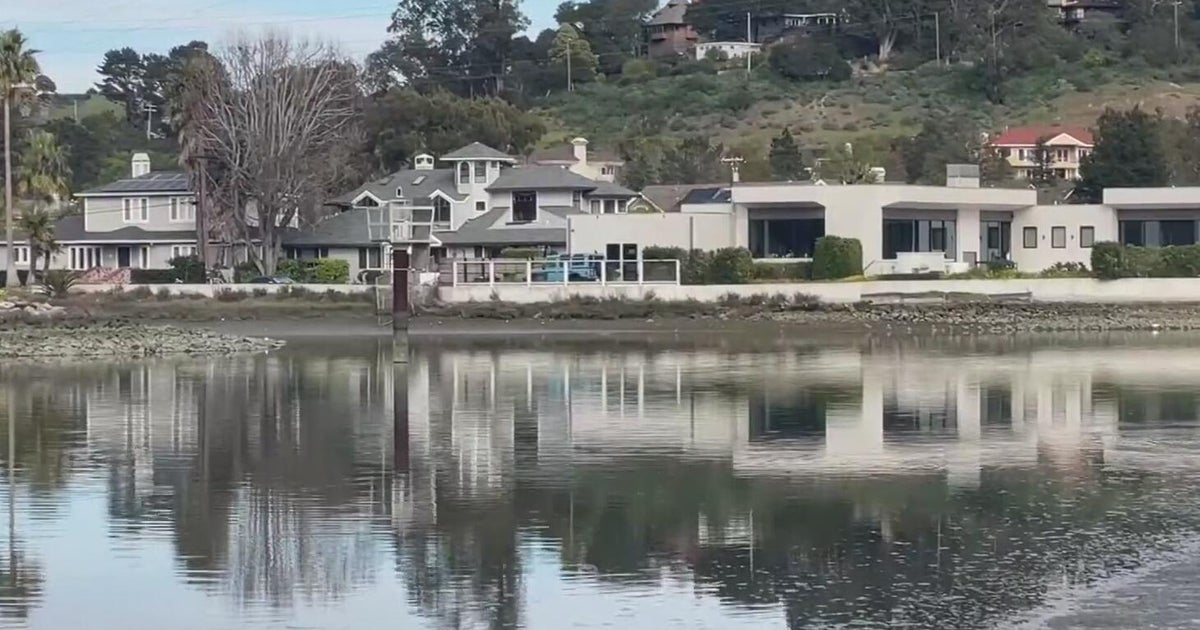Curious About Boston Harbor Pollution And Clam Digging
BOSTON (CBS) - Every time we pay our MWRA bills we see the high cost of cleaning up the once horribly polluted Boston Harbor. But as clean as the harbor is now, the problems aren't completely fixed. Katie's husband digs clams from the harbor's shores. She went to our Declare Your Curiosity web page and told us about the rough time he's been having: "My husband is going on his third week not able to work because of rain foreclosures." We looked into why that's a problem.
It's just after dawn and John Denehy and about a dozen other clam diggers are racing the tide on Long Island in Boston Harbor. It's a tough way to make a living, and impossible on some days. "Unfortunately, we can't work when it rains," says Denehy. That's primarily because of storm water runoff. "It completely puts us out of business," he says.
The storm water runs down drains and into the harbor, polluting it with bacteria. And that means the clam beds can become contaminated as well. "It's got bird and animal and dog waste. It's go grease and it's got oil. It's got everything you find on the streets," says Bruce Berman who heads Save the Harbor, Save the Bay.
WBZ-TV's David Wade reports
"Twenty five years ago Boston Harbor was a sewer," says Berman. That's when untreated sewage routinely flowed into the harbor. But a state of the art treatment plant and expensive work to reroute pipes has turned the harbor around. One swimmer on a South Boston beach told us, "I used to come over here as a kid and really didn't want to go in the water, it was so dirty. Now it's just a beautiful place to come and spend an afternoon." "It's safe for boating and swimming and fishing nearly every day. It's a remarkable change," says Berman.
Billions have been spent on the cleanup, and sewage doesn't foul the harbor like it used to. But the remaining hurdle, storm water pollution, is a complicated one to fix. "That work has to be done on a beach by beach, and a pipe by pipe basis. So it's going to take time and it's going to cost money," says Berman.
This summer the MWRA completed a 2 mile pipe project in South Boston that should protect the beaches there from storm water and sewage overflows in all but the worst rain storms, but the price tag was $225-million. "It's going to be a challenge, but there's a demand for it. The beaches are becoming a valuable asset again," says Berman.
The EPA has new regulations limiting storm water pollution, but because cash strapped cities and towns have the primary responsibility for stopping that, no one expects a solution to come quickly or cheaply.
In the meantime, Harbor clam diggers work when they can and watch out for rain.







